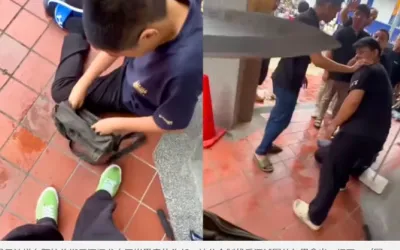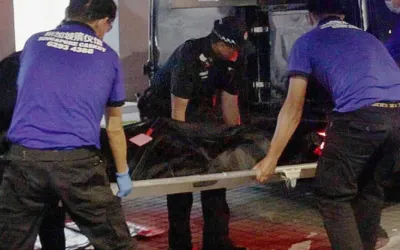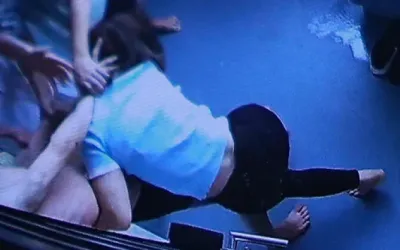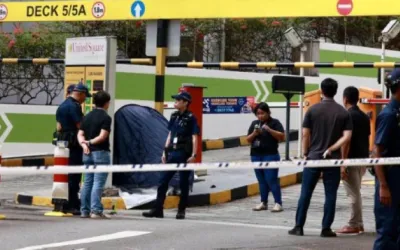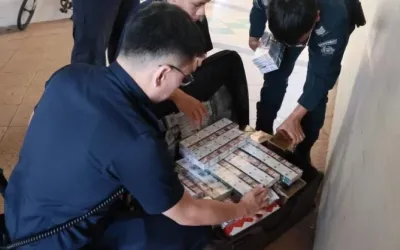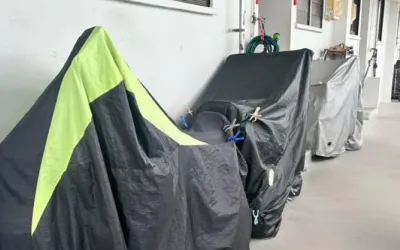2025年1月8日,新加坡律政部政務部長穆仁理在國會答覆惹蘭勿剎集選區議員潘麗萍關於促進低收入或文盲人士通過非數字方式獲取法律援助服務的相關問題。
以下內容為新加坡眼根據國會英文資料翻譯整理:
潘麗萍女士(惹蘭勿剎集選區議員)詢問律政部長,法律援助局(LAB)如何為文盲、低收入或不具備數字能力的申請人提供非數字渠道以獲取其服務。
穆仁里(律政部政務部長,代表律政部長):法律援助局(LAB)在律政部服務中心(Ministry of Law Services Centre,簡稱MSC)提供上門服務。該中心的工作人員可協助文盲人士、不熟悉數位技術的人群或使用非英語的申請人。
申請人可在MSC參加經濟情況測試(Means Test)。如果測試通過,他們可以獲得法律諮詢或法律援助。獲得法律援助的申請人(即在法院程序方面得到幫助)可由MSC或LAB的工作人員提供指導,包括當面指導或是電話指導。
法律諮詢也可以在MSC現場提供,或者通過視頻會議在九個ServiceSG中心獲取。此外,家庭服務中心(Family Service Centres,簡稱FSC)或社會服務辦公室(Social Service Offices,簡稱SSO)的服務對象,也可以通過視頻會議在29個FSC和24個SSO獲取法律諮詢。
議長:有請潘麗萍議員。
潘麗萍女士(惹蘭勿剎集選區議員):謝謝政務部長,我非常高興聽到這個回應。我建議律政部,尤其是法律援助局,可以將這些服務的信息更廣泛地傳播到基層社區。
作為國會議員,我們在為居民申請法律援助、法律諮詢或法律服務時,通常已經明確說明這些居民可能不熟悉數位技術、不擅長英語,或者是年長者。然而,我們依然會收到模板式的回覆,讓他們「參考相關門戶網站」。
如果已經有這樣的服務存在,建議可以更有效地傳遞這些信息。另外,可以為社會服務辦公室(SSOs)或社區俱樂部(Community Clubs)提供更多資源,因為它們的工作人員通常是公共服務人員,在處理隱私和安全問題方面有更高的管理水平。
因此,我呼籲加強溝通,並真正關注基層的實際需求和挑戰。
穆仁里(律政部政務部長,代表律政部長):謝謝議長。我理解尊敬的潘麗萍女士提出的觀點。作為一個系統問題,一個不懂數碼技術的文盲人士不應該被直接指引至數字門戶網站。如我在答覆中提到的,我們已經制定了相應的策略,並投入資源幫助這些不熟悉數碼技術的人士。我會將這一反饋傳遞給我的同事。

以下是英文質詢內容:
EFFORTS TO FACILITATE LOW-INCOME OR ILLITERATE PERSONS' ACCESS TO LEGAL AID BUREAU SERVICES VIA NON-DIGITAL MEANS
21 Ms Denise Phua Lay Peng asked the Minister for Law how has the Legal Aid Bureau made provisions to offer non-digital access to its services to applicants who may be illiterate, of low-income or not digitally able.
The Minister of State for Law (Mr Murali Pillai) (for the Minister for Law): The Legal Aid Bureau (LAB) provides in person services at the Ministry of Law Services Centre (MSC). The staff there can assist those who are illiterate or not digitally savvy or speak languages other than English.
Applicants can take the means test at MSC and receive legal advice or legal aid if successful. Those receiving legal aid, which entails assistance with court proceedings, can be guided by MSC or LAB staff, either in person or by phone.
Legal advice is also available in person at MSC, or through video conferencing at any of the nine ServiceSG centres. Clients of Family Service Centres (FSCs) or Social Service Offices (SSOs) can also receive legal advice via video conferencing at 29 FSCs and 24 SSOs.
Mr Speaker: Ms Phua.
Ms Denise Phua Lay Peng (Jalan Besar): I thank the Minister of State and I am really happy with that response. I would like to suggest that perhaps the Ministry of Law, and especially LAB, communicate this a lot more to the ground. Because often us as Members of Parliament, even after we make an appeal for legal assistance or aid or advice, and specifying that our our residents are not digital savvy, they are not proficient in English, they are elderly, and so forth, we will still get a template reply to "please refer to the portal". So, I thought, if there are already services available such as these, that we can actually communicate a lot better.
And also to the ground, perhaps resource even more the SSOs or the Community Clubs because they are also manned or staffed by public servants and so, the security or privacy considerations are better managed.
So, I ask for therefore better communication and really looking to this challenge on the ground.
Mr Murali Pillai: Sir, I take the hon Member Ms Phua's point. As a matter of system, a digitally illiterate person should not be sent to digital portals. As I mentioned in my reply, we have a strategy and we, in fact, devote resources to help these digitally illiterate persons. And I will certainly bring the feedback back to my colleagues.
12.29 pm
Mr Speaker: Order. End of Question Time. Ministerial Statements. Minister for Digital Development and Information.
[Pursuant to Standing Order No 22(3), provided that Members had not asked for questions standing in their names to be postponed to a later Sitting day or withdrawn, written answers to questions not reached by the end of Question Time are reproduced in the Appendix.]
CF丨編輯
HQ丨編審
新加坡國會丨來源
新加坡國會丨圖源

